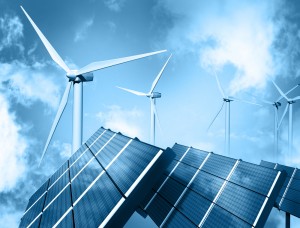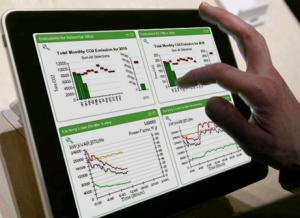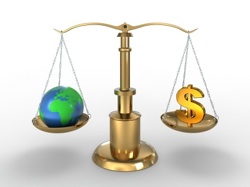 Glenn Barnes is a Senior Project Director with the Environmental Finance Center at The University of North Carolina at Chapel Hill.
Glenn Barnes is a Senior Project Director with the Environmental Finance Center at The University of North Carolina at Chapel Hill.
For the past several years, the Environmental Finance Center has worked to set up energy efficiency and renewable energy finance programs around the country as a technical assistance provider to the US Department of Energy. These programs range from energy improvements for the sponsoring entity’s own operations to programs that encourage clean energy in the community at large.
For communities interested in establishing these types of programs, the process is less about selecting from one of a handful of “off the shelf” program designs and is rather about making a series of choices that shape the final program design. Continue reading


 We live in a fast paced world. We are driven to implement projects quickly – on time and under budget. On a daily basis, we are faced with decisions regarding which projects to implement and we carefully analyze the project’s cost, the estimated return (or cost savings), the payback period and the overall return on investment. But one of the most important elements of a project is not its cost or its estimated return. At the end of the day, one of the most important aspects of a project is the measurement of the project’s actual performance.
We live in a fast paced world. We are driven to implement projects quickly – on time and under budget. On a daily basis, we are faced with decisions regarding which projects to implement and we carefully analyze the project’s cost, the estimated return (or cost savings), the payback period and the overall return on investment. But one of the most important elements of a project is not its cost or its estimated return. At the end of the day, one of the most important aspects of a project is the measurement of the project’s actual performance.




